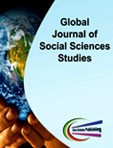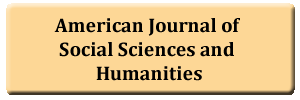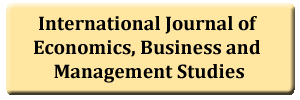Socio-environmental tragedies from mine tailings dam failures: Capital prevailing over the state and citizen
DOI:
https://doi.org/10.55284/gjss.v10i1.1046Keywords:
Bioethic, Brumadinho tragedy, Mariana tragedy, Neo-extractivism, Social responsibility, Coloniality, Environmental morbidity.Abstract
Peripheral countries with an abundance of mineral wealth are victims of exploratory capitalism based on neo-extractivism. Production of profit is based on the predatory exploitation of mineral commodities, which corrupts the agents of the State and belittles local populations and their traditional values. This establishes what has been called the coloniality of life, i.e. a process of domination, exploitation, and submission, under the pretext that this will be the path to development. This study aims to show the social cost of this development at any price giving rise to onerous liabilities that trample on human dignity and cause environmental disasters. The consequent alterations to quality of life in populations that have become vulnerable through socio-economic conditioning factors have led to emergencies that must be dealt with, onto which bioethics may throw light, in terms of health, ethics, and the environment. Implications of ethics responsibility and absence of social responsability are discussed based on the tragedy resulting from the failure of two iron ore tailings dams in Brazil.





